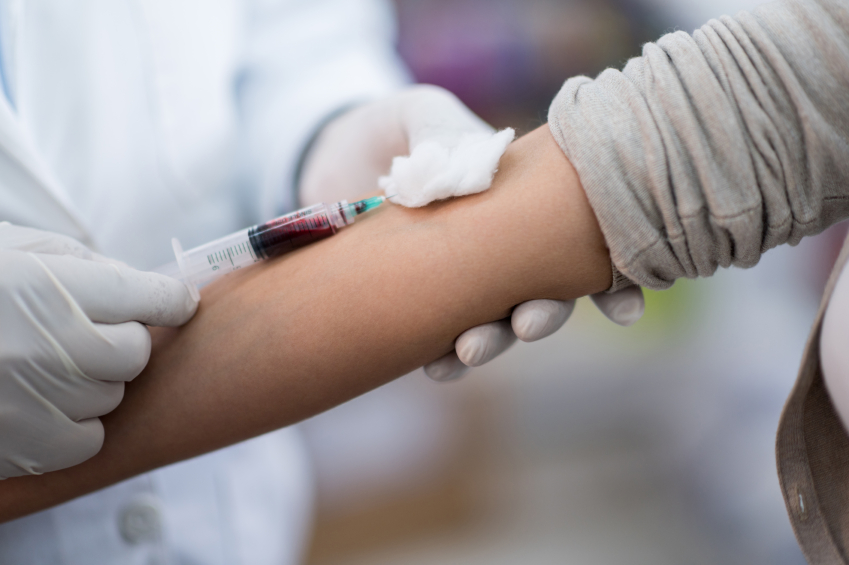Between April 2015 and August 2016, five UK maternity hospitals/clinics used Non-Invasive Prenatal Screening (NIPS) as part of a research project to test a “reflex” procedure. As a result, “almost 23,000 pregnancies were tested for Down syndrome, Patau syndrome and Edwards syndrome”. The conclusions, published in Genetics in Medicine, show that NIPS highlighted one of these disorders in 101 out of 106 foetuses. With 95% accuracy, “it avoided 530 invasive diagnostic tests”[1], compared to the current procedure involving an ultrasound scan and serum marker assay.
In practice, the women were tested once and the blood sample collected was used for the serum marker assay and, depending on the outcome, for NIPS. This procedure, which is known as “reflex”, is intended to “allay the fears” of large numbers of pregnant women. Only those with a positive NIPS result will attend a genetic consultation. This therefore involves a much smaller cohort compared to the number of women who tested positive at the initial stage, i.e. during the serum marker assay.
The NHS is planning on introducing NIPS into the screening system in 2018. Based on estimates, it would affect 10,000 women each year who are considered to be at risk (1/800) of having a child with Down syndrome, Patau syndrome or Edwards syndrome.
Further reading:
Sally Phillips : Are we heading towards a Down syndrome-free world?
[1] Amniocentesis.
Medical press (8/11/2017); The Guardian, Ian Sample (9/11/2017)

